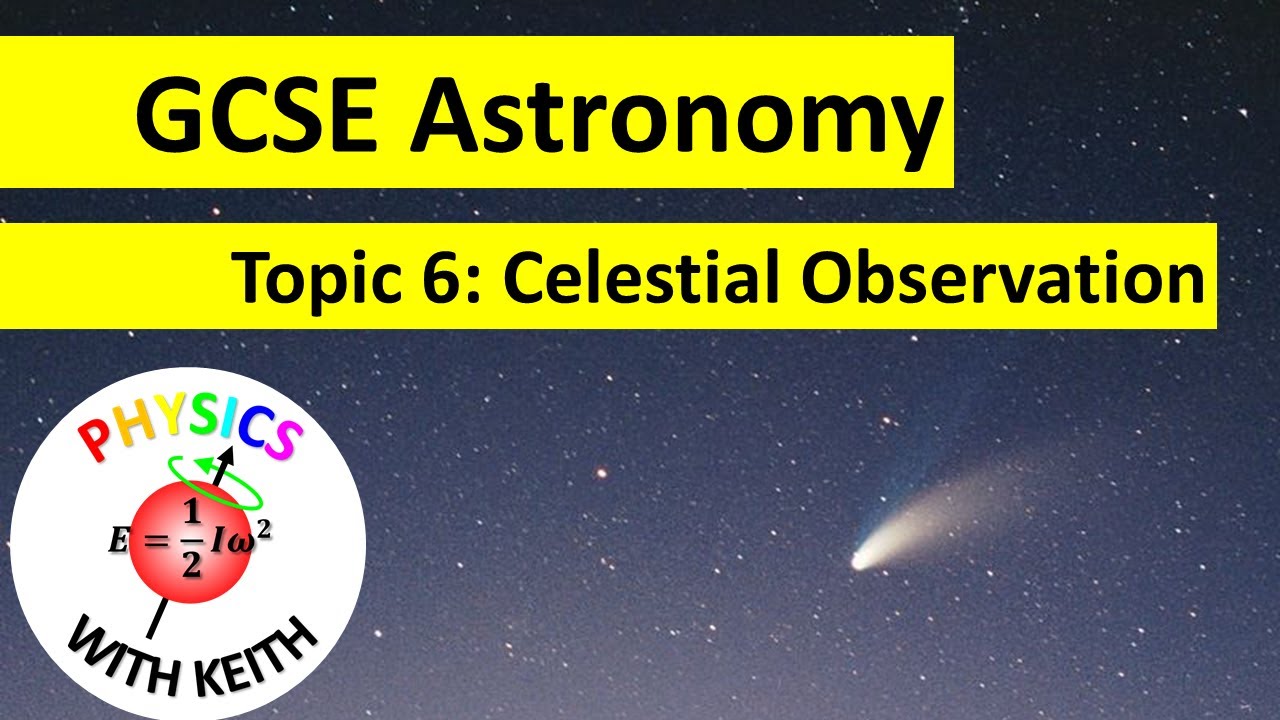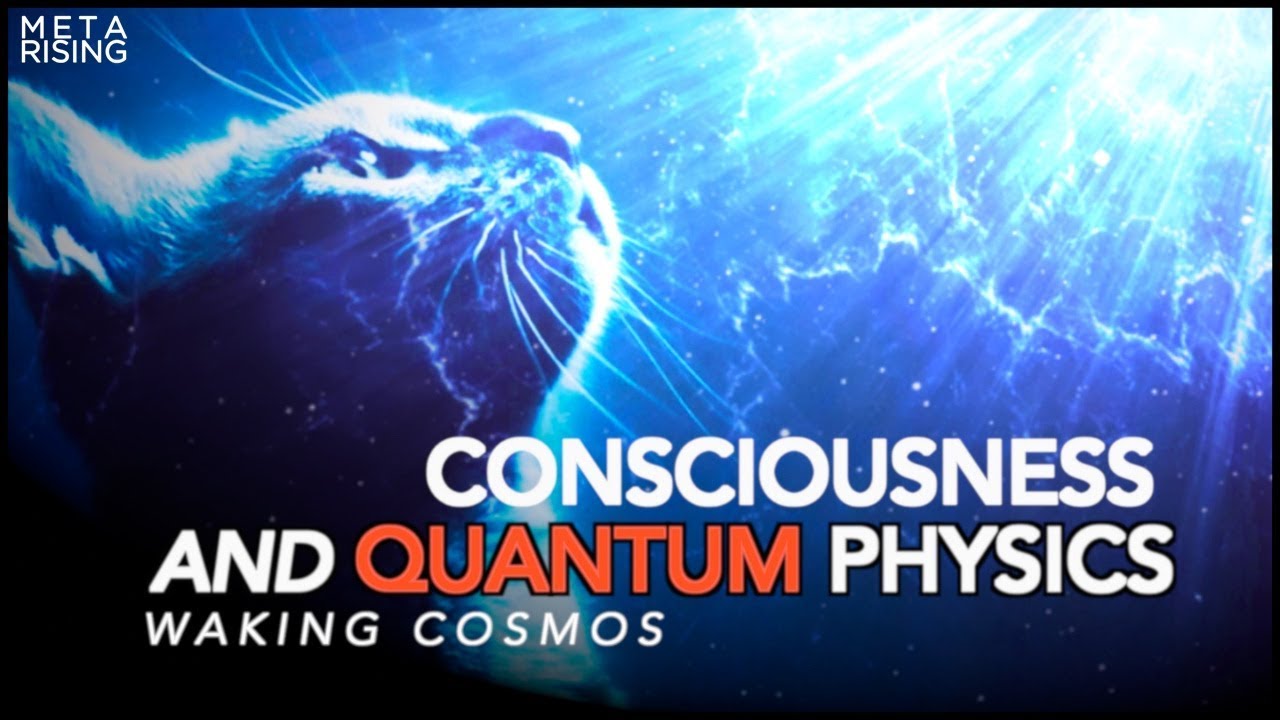Physics with Keith
Topic 6 – Celestial Observation Specification:
• Be able to recognise the following astronomical phenomena visible to the naked eye, including:
🡒 Sun
🡒 Moon
🡒 stars (including double stars, constellations and asterisms)
🡒 star clusters
🡒 galaxies and nebulae
🡒 planets
🡒 comets
🡒 meteors
🡒 aurorae
🡒 supernovae
• and artificial objects, including:
🡒 artificial satellites
🡒 aircraft
• Be able to recognise and draw the following constellations and asterisms, including their most prominent stars:
🡒 Cassiopeia
🡒 Cygnus
🡒 Orion
🡒 Plough
🡒 Southern Cross
🡒 Summer Triangle
🡒 Square of Pegasus
• Understand the use of asterisms as pointers to locate specific objects in the night sky, including:
🡒 Arcturus and Polaris from the Plough
🡒 Sirius, Aldebaran and the Pleiades from Orion’s Belt
🡒 Fomalhaut and the Andromeda galaxy from Square of Pegasus
• Understand why there is a range of constellation, asterism and star names among different cultures
• Be able to use information from star charts, planispheres, computer programs or ‘apps’ to identify objects in the night sky
• Understand the causes and effects of light pollution on observations of the night sky
• Understand the meaning of the terms:
🡒 celestial sphere
🡒 celestial poles
🡒 celestial equator
• Understand the use of the equatorial coordinate system (right ascension and declination)
• Understand the use of the horizon coordinate system (altitude and azimuth)
• Understand how the observer’s latitude can be used to link the equatorial and horizon coordinates of an object for the observer’s meridian
• Understand how the observer’s meridian defines local sidereal time and an object’s hour angle
• Be able to use information on equatorial and horizon coordinates to determine:
🡒 the best time to observe a particular celestial object
🡒 the best object(s) to observe at a particular time
• Understand, in relation to astronomical observations, the terms:
🡒 cardinal points
🡒 culmination
🡒 meridian
🡒 zenith
🡒 circumpolarity
• Understand the diurnal motion of the sky due to the Earth’s rotation
• Be able to use a star’s declination to determine whether the star will be circumpolar from an observer’s latitude
• Understand the apparent motion of circumpolar stars, including upper transit (culmination) and lower transit
• Be able to use information about rising and setting times of stars to predict their approximate position in the sky
• Be able to find the latitude of an observer using Polaris
• Understand naked eye techniques such as dark adaptation and averted vision
• Understand the factors affecting visibility, including:
🡒 rising and setting
🡒 seeing conditions
🡒 weather conditions
🡒 landscape
• Understand the appearance of the Milky Way from Earth as seen with the naked eye
☕️ Like what I’m doing? Consider supporting me: https://physicswithkeith.com/support-me/
🔗Link to the Facebook Group: https://www.facebook.com/groups/freephysicstuition/
🔗Link to my website https://physicswithkeith.com
🙏 Please don’t forget to subscribe if you want to get updates when I release more videos: https://www.youtube.com/physicswithkeith?sub_confirmation=1
Source



You’re my goat Keith. Keep it up!
at 36:13, why is the final calculation 90+15.45-29.62? wasn't the 29.62 negative?
Thank you so much! My Paper 1 exam is an an hour and your videos have helped me revise.
Hi Keith, thank you so much for the video, really useful and am great full for all the other amazing ones you have done to help us out. I had one question (at around 36mins into the video). You did a practice question (celestial elevation at chad) and was wondering if there was a mistake because you used 90 + latitude – declination, but declination was negative meaning it would be a positive in the equation, greater than 90 so the other one should be used. would the answer rather be 44.9277degrees? I am sitting my exam on Friday so am just trying to solidify my understanding.
Thanks so much again for everything, you’re amazing!
That was a marathon. LOTS of great stuff in there. You definitely went the extra distance for students. I'm well over 70 and found it absorbing. Good luck to all taking the exams.
Youre my hero, theres so few good astronomy resources on the internet and this video was such a help. Thanks
congrats on 500 subs keith!
This was soo helpful! I'm finishing up my gcse this year, when doo you think you'll have the whole course done?
Great video, clear to follow and well explained!
I hope your channel continues to grow.
make a video about aliens and its planet,, i also want to know about on which planet we can survive expect earth
vvvv nice i love it